The Growth Powerhouse Behind Vine's Success Talks Scaling Startups: Introducing Julia Rudlin
Imagine a person’s whose job is to ensure ideas and products go from being just that to full-fledged scaling businesses. Growth Architects are the jack of all trades. Combining analytics, finance, marketing & sales, strategic design, product, and engineering to building for success. Terminal’s Director of Growth knows this all too well. She’s the woman who, once upon a time, was responsible for Vine’s growth, seamlessly entered the world of VC and is taking the startup and remote world by storm.
Meet Julia Rudlin
Julia Rudlin joins Kat Garcia on The Corporate Diary. She’s the Director of Growth at Terminal, formerly Global Growth at Vine and Head of Platform at Firstmark Capital.
Note, this interview took place in April, 2020 in the early stages of COVID-19 in New York City.
Director of Growth at Terminal, Julia Rudlin, Chats Building Communities, Influencers, Growing Startups, Platform Wins, and Being A Woman in Tech on The Corporate Diary
Julia is the Director of Growth at Terminal - the world's first tech-enabled platform, supporting remote engineering teams, supporting companies like Him’s. She’s also had a fair bit of experience in venture capital, working as the Head of Platform at Firstmark Capital and being a mentor at First Round Capital. Before TikTok, there was Vine…and Rudlin was the Global Growth Head, overseeing the platforms’ tremendous success.
The Interview
‘Growth’ roles mean different things to different companies. What does your career in ‘growth’ mean to you? What are you day to day tasks?
Growth can mean a ton of different things.
So, my role has really been exactly that: A combination of marketing, growth, BD and sales. Ultimately, all it really means is that you're responsible for growing user revenue. Whatever your metrics are for the business, in whatever capacity that means. My day to day today really consists of a lot of BD and sales, marketing tactics to get Terminal’s name out there and ultimately being able to convert people interested parties into paying customers and clients.
Basically whatever is required to just move the needle in terms. If it’s pre-product or a pre-revenue product, then it's probably more about users and downloads and things like that, especially if you're a consumer content platform. But for me, right now, you know, we are a revenue generating product. So it's a matter of just doing what we can, figuring out how we increase revenue through paying customers and other types of revenue streams.
Users are acting like brands because they want to get followers. They want to have their content go viral. They’re tracking their content as if they were enterprises. Users are thinking ‘how can I make my content more appealing?’
When it comes to ways to win in content and on TikTok, Instagram, Snapchat, are there any tips or tricks?
At Vine, I was leading Global Growth. I was responsible for increasing the number of users and downloads of the app in all the countries outside of the US. And so it was really just like you mentioned, a branding exercise. That translated quite literally into other markets. And so it was an exercise of figuring out what matters to users in the US.
Ultimately, Vine was a place where people could come and escape and watch really funny content. However, it’s important to understand what’s funny in the UK, may not be in Canada or Japan. Can those international users come to the app and see something that resonates with them? On top of that, Vine was really nascent in a lot of markets, and you could argue that it was in the US, as well. My job was figuring out what new verticals could we bring to the platform.
Gaming wasn't really that big on Vine, at the time, and cooking was still pretty nascent. You needed more than six seconds to be able to walk through a recipe. How can we figure out ways to cater to those new types of demographics and bring them on to onto the platform.
And just like you mentioned, a lot of my job is also working with influencers and Viners in the different markets in those different countries as well. And at the time, Instagram had launched video, Snapchat was on the rise, and we were competing against Musically, as well. And all these other platforms had incredible tools, and they were extremely fun. And Vine was still a very weird platform. It was hard to understand what content did well. There weren't that many users compared to Instagram.
So you know, these big names on Instagram would check Vine, not see the numbers or the likes they’d see on their Instagram or YouTube pages. The argument of using Vine was: ‘You need another platform to cross-promote and post the content that you've worked so hard to create for YouTube and Instagram. You might as well just add it to another platform for free and extract all of the value out of that piece of content that you can’. The other thing is you're probably not going to be able to be a new user crushing it on YouTube, like you could be on a newer platform.
But the likelihood of you going to a platform that's still nascent and seeing a little bit of a following, TikTok, for example, is a good one to keep an eye out for. Building your user base and audience based on a platform by getting really popular and then transferring your audience to a larger platform like YouTube and Instagram where you can then monetize those efforts of the content that you created on these other smaller platforms, is a really great strategy.
So look at some of the examples that you see on Vine! David Dobrik, Lelepons, Keane Boch, like all these guys got big on Vine and then eventually transferred to YouTube and now Netflix or wherever they are. Ultimately when you're thinking about your content, just be authentic. That's what resonates.
Kat: Absolutely! In relation to what you mentioned about David, he's now huge on Tik Tok and remains on YouTube. Even Kourtney Kardashian is like, oh, let me let me see if I can chat with David and have him show my son, Mason, how to use the platform for brand cross-pollination. So you see these content influencers that are not really specific to one platform. They're playing the game in a variety of different spaces to gather audiences and creating + distributing according to each platform. How can you speak the language of each platform and marry it with the voice of your own brand?
You moved from Vine in a Content Platform space to Venture Capital. What brought you to make that decision?
When Vine shut down, I was looking for different opportunities. I ended up out of my network and by chance, connecting with a few different VCs. I ended up at Firstmark Capital and what really drove me to the platform role was that these venture capital firms, they offer money, obviously, to help build and scale companies. But there's a lot of different ways now to raise capital. You've got crowdfunding, angel investing and many others ways of generating capital.
So, at the end of the day VC’s need a way to provide value outside of just pure money.
And so as I'm sure you're very well aware of a lot of these VC firms are now offering what they call platform services, which is essentially non-monetary support and different ways for them to help their companies once they've invested, continue to scale and grow.
If you get a big name like Andreessen, Kleiner, Perkins, etc, as your investors, you benefit from all of the wonderful events and community in the strong network that they have from their name and their past successes, and investments and things like that.
At Firstmark, what I thought was really interesting was that they were trying to build a way to scale help. So essentially, I was hired to build out the products and the tools and a platform like a true online platform, and a portal for companies to come into and be able to find and self-service: find content, community strategies, different tools. It was about helping themselves scale from there.
And so I think a theme across all of my roles is just, you know about finding roles where I can start from scratch and build something and help, yother people scale and grow from there. I' found that approach really interesting, really scalable. And so I ended up joining the firm.
Being a woman in tech, what can you tell us as to how it has helped or hindered you?
Hm. I look young and am also female. Those things have made me need to work harder. Definitely need to prepare more than some of my older male counterparts. I have definitely been in a situation where there have been gray haired men at the table and I've not been taken seriously and so it's that much more important for me to come into the meeting strong you and with the right tone, the right things to say preemptively and prepare for any questions that can come my way.
The more prepared you are to answer those questions and to ask smart questions back to make great points, the better you’ll be. It is extra work that you need to do up front in order to prepare for some of those meetings, but I think it's definitely worth it. I've also I definitely recommends seeking mentors, both female and male. I think it's really important to understand that you know, right now there are a lot of men in really powerful positions. While having a female mentor is a wonderful thing, and I definitely recommend that, it’s really helpful to align yourself with the men that are in those positions. So that one day you can also level up into that role. And ultimately, network is what counts. You need to be part of that network for you to be considered, as you know, to be considered for some of the roles that you might not have thought of.
Have a blend of both male and female mentors in your in your network.
Also, I think being a woman in roles where you have analytics to back up your success is really helpful. Because at the end of the day, numbers don't lie, right. So whether that's sales or growth or performance marketing, I think those roles are wonderful, you know, to be able to just point to, well, I did this thing and it resulted in X percent or, you know, whatever number of scale. So, there's really no argument there. You can't, you know, you can directly pinpoint your success against your teammates, whether they're male or female, or, you know, whatever background they are.
What is 1 lesson you’ve taken with you, throughout your career?
I really value networks and I value communities. Invest in those relationships, invest in networking, it still happens over Zoom, if not more, right now. There are a ton of great slack communities and other types of communities.
You know, whether it's within the industry that you're currently in, or the one that you want to be in, meet those people because you know, the next time that there's a job opening, the first thing that someone thinks of is: “Oh, who do I know that could be great for this role?” So if you're not in that person's network, you're just not going to be considered. And that's really how everything works from junior roles through there even board roles, especially at some of those more senior roles that never really get posted and shown publicly.
Again, whether that's through networking, or if you're seeking a mentor, I highly recommend that if you're a junior in your career, it's even more important. These people will continue to grow with you and guide you through the rest of your career. And I guess on the topic of being junior, the willingness and eagerness to learn and learn quickly is really important. You can get away with not really knowing that many things or having that many hard skills and so take advantage.
Any personal mantra?
I don't really have one. I think again, simplify everything. Just remember: What are you here to do in this meeting? Whether it's that you want to close a client or you want to leave with a mentor or you want that job opportunity or you want this person to keep you in mind the next time a cool opportunity comes up…be vocal about it and keep it in mind. Just always remember the premise.
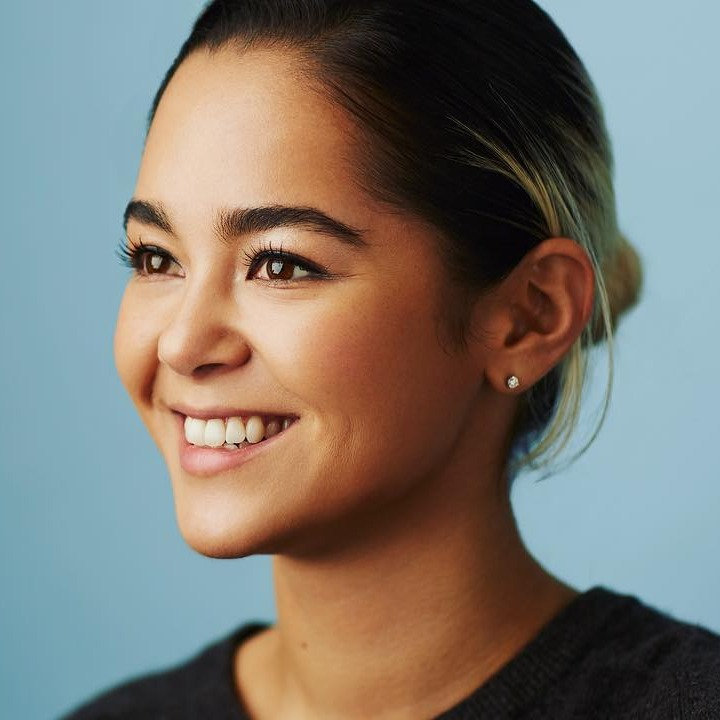



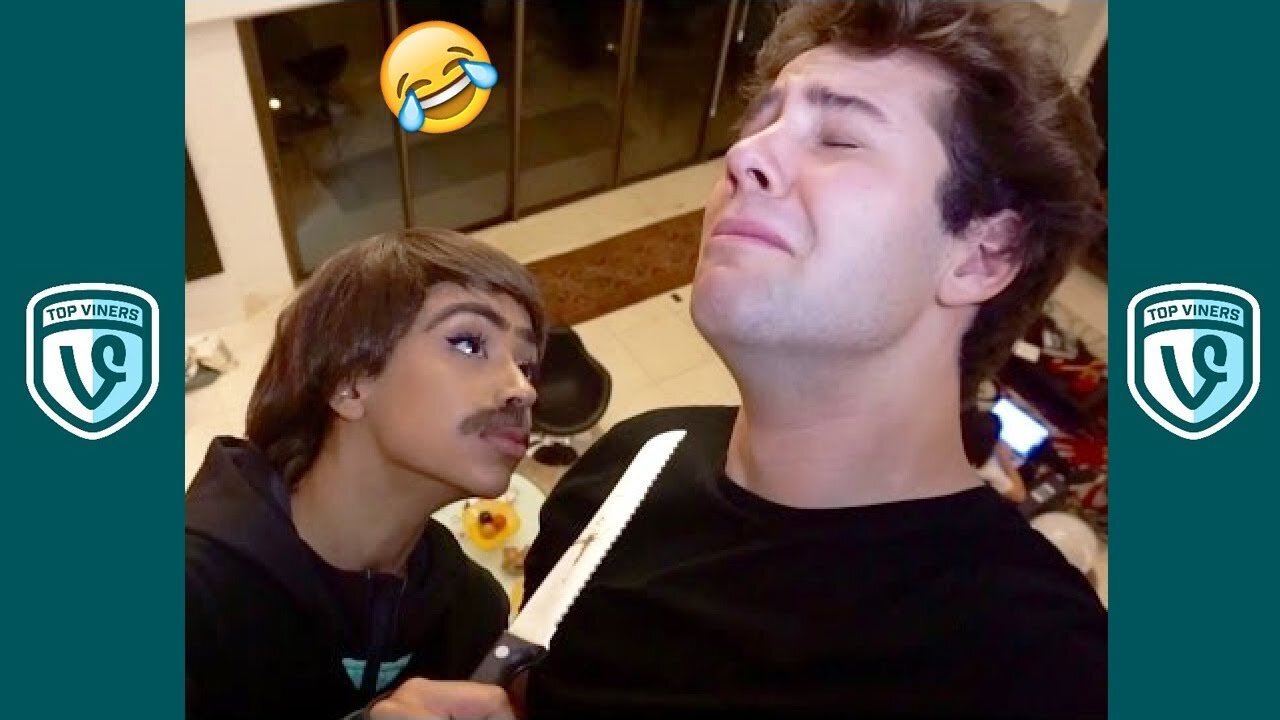
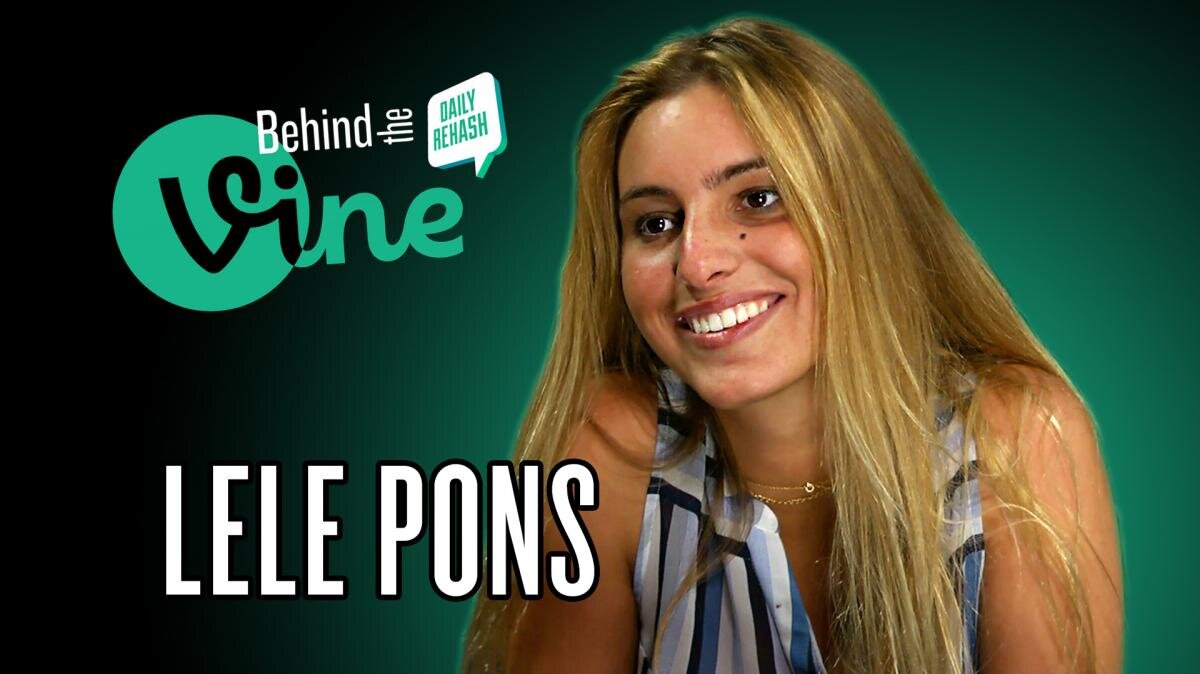
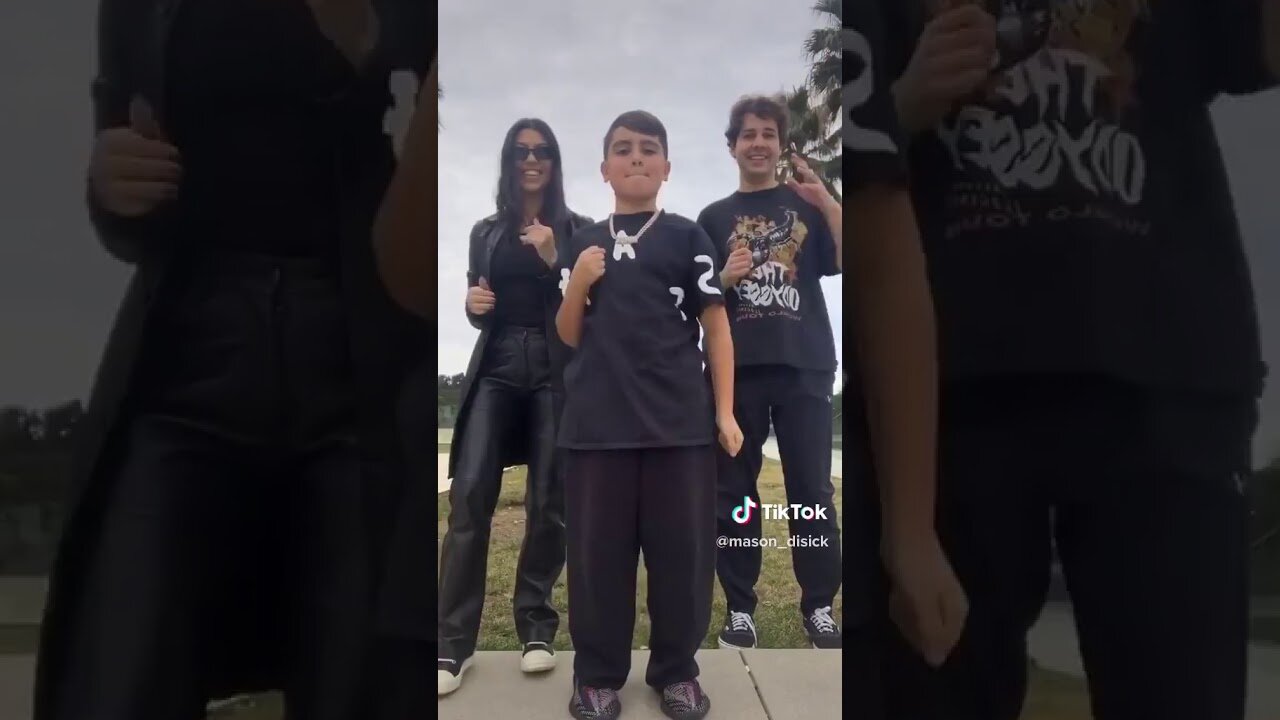






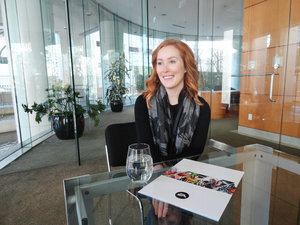

Growth Architects are the jack of all trades. Terminal’s Director of Growth knows this all too well. She’s the woman who, once upon a time, was responsible for Vine’s growth, and entered the world of VC.